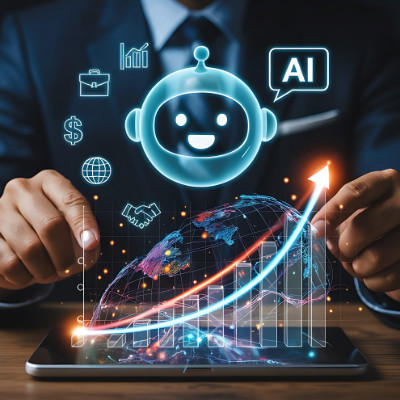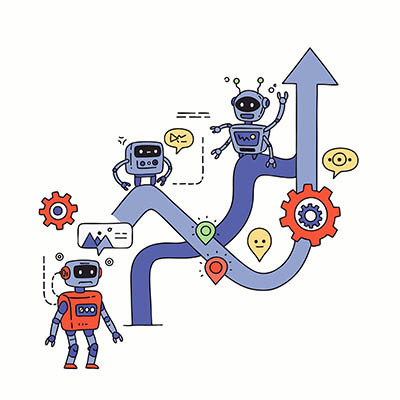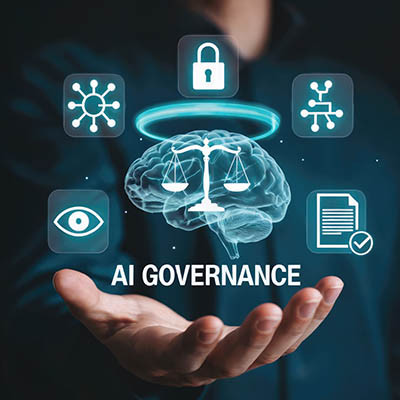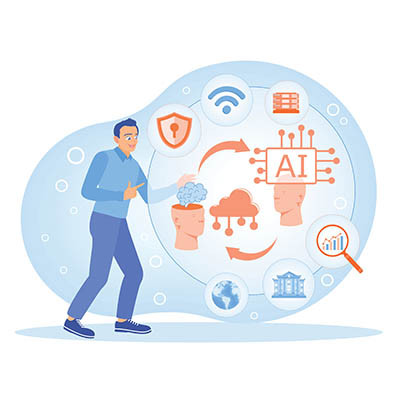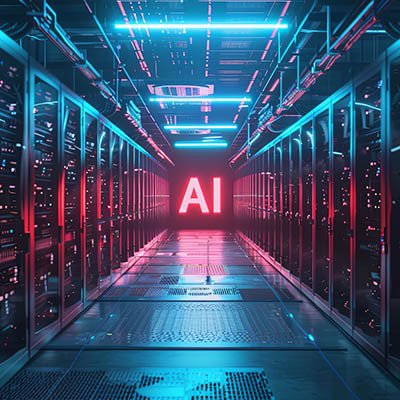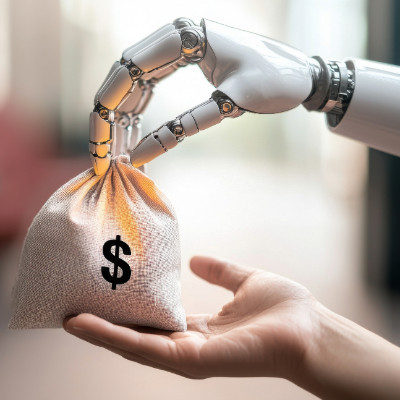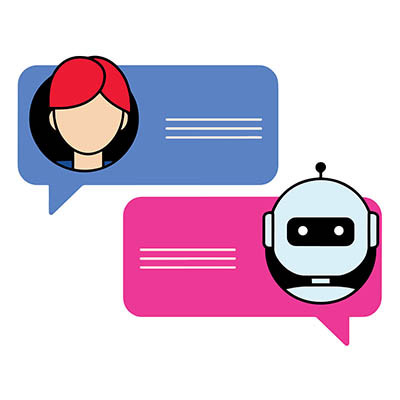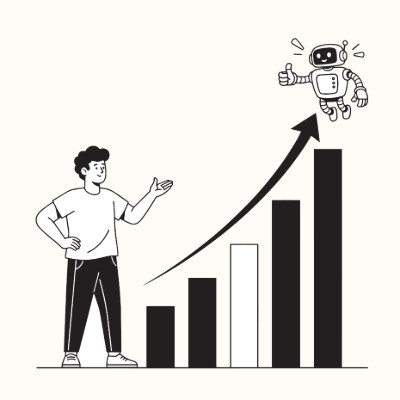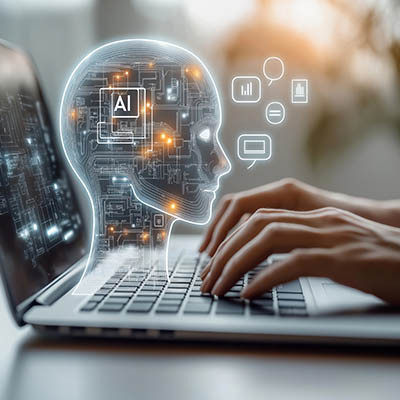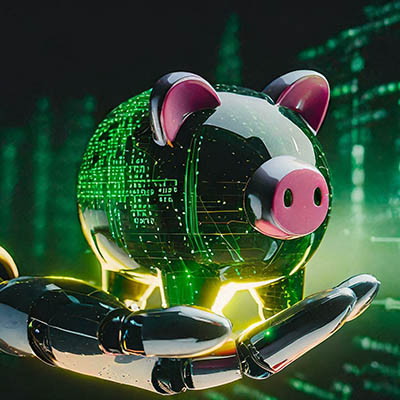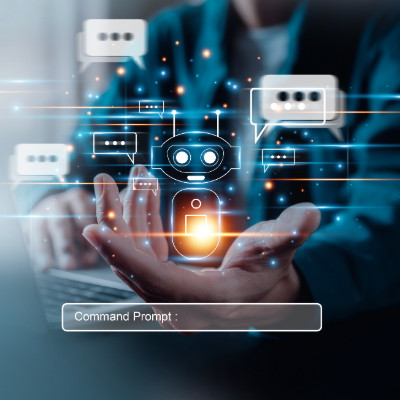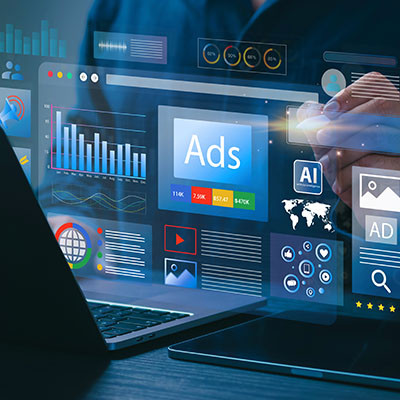If your monthly IT bill feels less like a strategic investment and more like a subscription to a “Check Engine” light that never goes off, you aren’t alone.
For years, business owners have watched capital vanish into a technology abyss, upgrades that feel like buying premium gas for a car that only goes 20 mph. As we cross into 2026, however, the joke is finally over. AI has graduated from a cool party trick to the high-performance productivity machine that keeps your company operating fast and lean while your competitors are still trying to figure out the manual.

